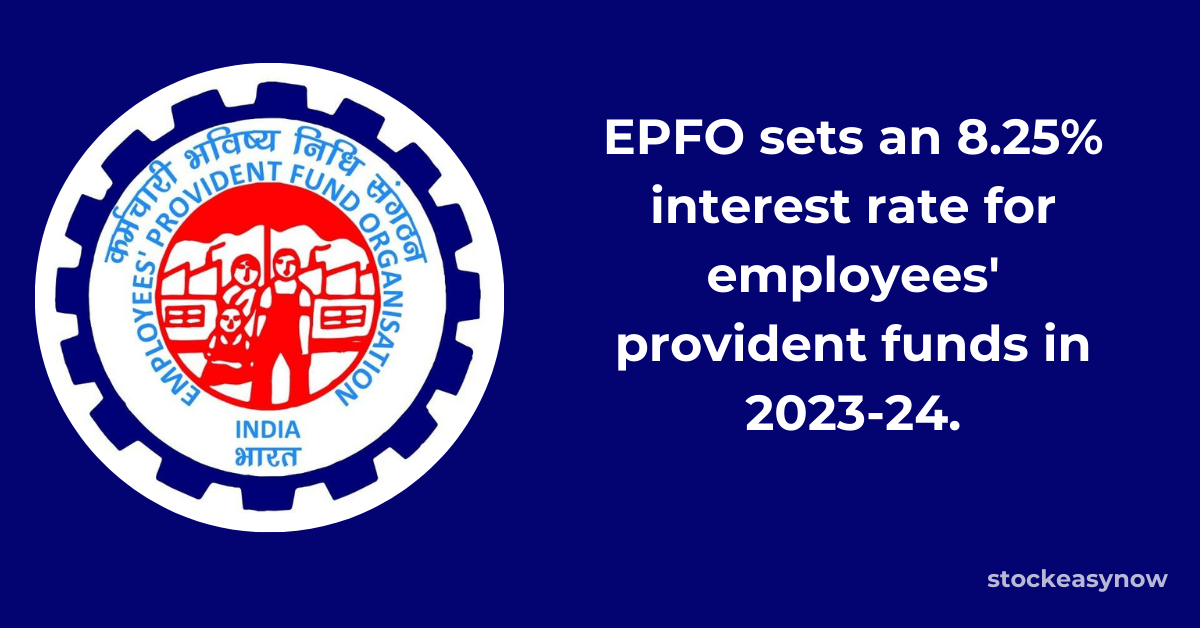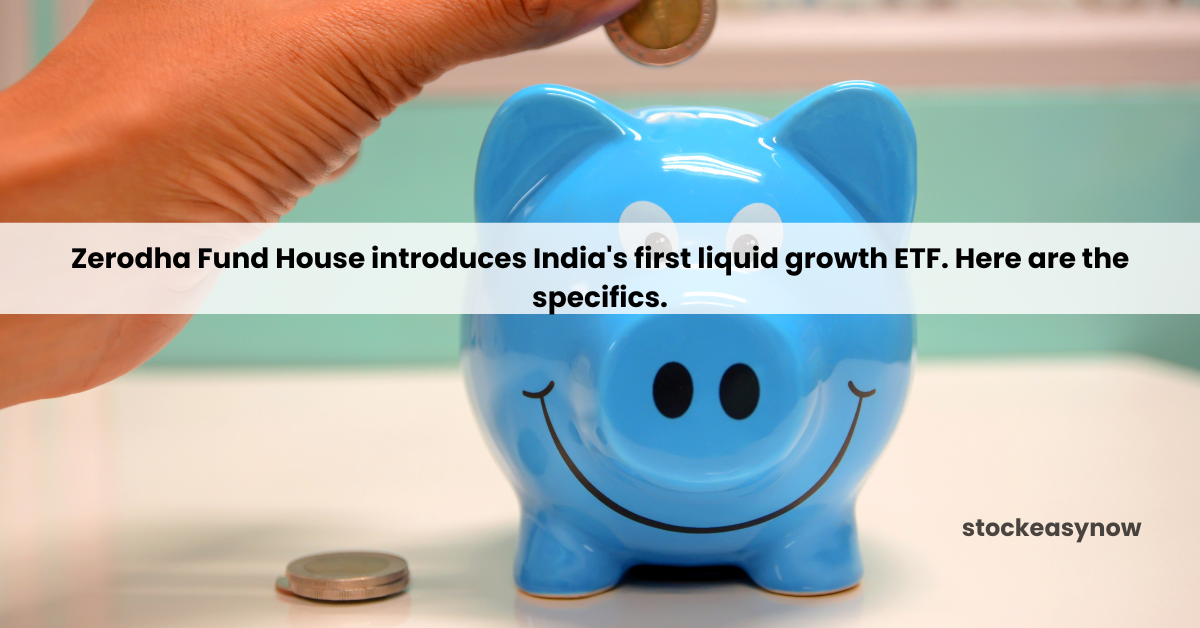Learn about the 2023–2024 home loan tax incentives. Learn about the deductions provided under Sections 80C, 24b, 80EE, and 80EEA. Utilize professional advice to maximize your tax savings.
In May 2020, the Reserve Bank of India reduced the Repo Rate to 4%. In order to support the faltering Indian economy, the nation’s apex bank took this action. But as prices for goods and services have risen steadily and inflation has now reached new highs, the Reserve Bank of India has once more raised the repo rate. The RBI last raised the repo rate in February 2023, when it was raised by 25 basis points to 6.50% annually. While the recent increases in the repo rate have reduced inflation, they have also increased the cost of mortgages. EMIs for borrowers with adjustable interest rates are increasing.
Fortunately, the housing loan tax benefits available to Indian taxpayers can help mitigate the impact of these Repo Rate increases and, consequently, increases in home loan interest rates. Borrowers who pay off a mortgage can claim housing loan tax benefits on both the principal and interest portions of their mortgage, which can result in significant annual tax savings. In this post, we go in-depth and examine the 2023–2024 house loan deduction for borrowers’ income taxes.
Section 80C Tax Exemption
One of the most popular tax laws in India is Section 80C, which enables borrowers to claim an additional tax benefit of up to Rs. 1.5 lakh annually. PPF, EPF, LIC premiums, ULIPs, National Savings Certificates, Senior Citizen Saving Schemes, infrastructure bonds, and other tax-saving investments are all covered by Section 80C.
Borrowers of house loans may also be able to deduct their home loan interest from their taxable income, as well as the stamp duty and registration fees they paid while purchasing the property.
- Only individuals and Hindu Undivided Families (HUFs) are eligible to claim the Section 80C housing loan tax exemption. According to this law, corporations and corporate bodies are ineligible to deduct house loans from income tax.
- Home loan borrowers should be aware that the maximum home loan deduction one can claim under this section of the Income Tax Act cannot exceed Rs. 1.5 Lakh, regardless of how many home loans they have or what proportion of their income is used to repay the principal component of these home loans.
- Only after the property’s construction is complete may one deduct the principal portion of their mortgage from their taxes. A tax deduction under section 80C cannot be made if the property is still being built.
- A home buyer’s income tax benefit under Section 80C is immediately erased if they sell their property within five years of purchasing it.
- Under Section 80C of the Income Tax Act, co-borrowers who are also co-owners are eligible to claim housing loan tax deductions individually. Co-borrowing couples can maximize their tax savings by making separate tax advantage claims in accordance with this provision.
Section 24(B): Maximize Tax Benefits
Section 24b of the Income Tax Act solely addresses the housing loan tax exemption applicable on the interest component of a house loan, as opposed to Section 80C of the Income Tax Act, which deals with a variety of tax-saving instruments. Section 24b allows a maximum limit of Rs. 2 lakh.
Borrowers must fulfill the following requirements in order to qualify for the maximum housing loan tax exemption allowed by Section 24b:
- The house loan must have been used by the person claiming a tax advantage for both the purchase and construction of their property. A house loan tax deduction under Section 24b cannot be claimed by people who used a home loan for renovations or construction.
- Taxpayers who wish to utilize the home loan tax benefits provided by this provision must have done so on or after April 1, 1999.





